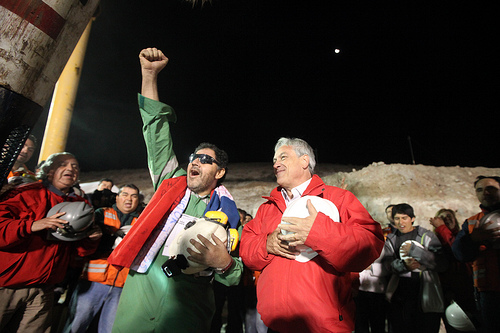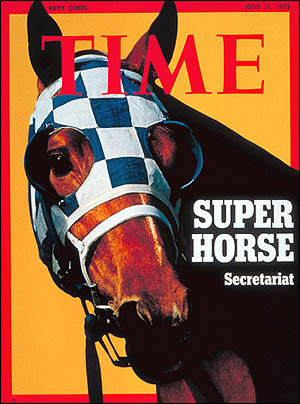By Scott T. Allison and George R. Goethals
The latest from Heroes: What They Do and Why We Need Them
Several people have asked us what it's like to be scholars who study heroes at the University of Richmond, arguably the biggest underdog team still playing in the NCAA basketball tournament.
While walking around our campus, we sense a big buzz in the air. Nearly everyone is talking about our team, it's triumphs, and how exciting it is to be known as the NCAA basketball "giant killers." At 3,000 students, the University of Richmond is among the smallest NCAA Division I schools in the country, and we not only compete against the big boys, we beat the big boys. In watching people around campus this week, we see a bounce in their steps, buoyant smiles on their faces, and a great deal of pride.
We also see the potential for pointing out a failure in our human priorities. News stories today are filled with gloom and terror. Violence and unrest permeate much of the Arab world. Human suffering on a massive scale is occurring in Japan. Starvation is a daily fact of life in much of Africa and Asia. And so we could say that all the excitement on our Richmond campus is sadly misplaced, that all the smiling and elation about our basketball team is an insult to all the human suffering on our planet.
But we won't say that at all. In fact, we'll say the opposite.
We know our students, our faculty, our staff. There isn't a kinder, more compassionate, more caring group of people than the members of our university community. We've spoken to many Richmonders and they grieve over Japan's casualties, and they feel the pain of the hungry, the poor, and the suffering all around the world. And they get involved in a big way, with their money and their time, to help solve these problems and to make the world a better place.
There is no head-in-the-sand mentality at the University of Richmond. In fact, we argue that our campus's heightened sensitivity to the world's problems is one of the main reasons it is taking a moment to bask in the glory of our basketball success.
Everyone here knows that basketball is just a game. Determining who is better at throwing a ball through a hoop is hardly more important than the crises in Japan and the Middle-East. But in such a dark world, we're very, very thirsty for heroes. We need heroes now more than ever. And so we'll take those heroes in whatever form they come in, and that includes basketball players who excel at playing a silly game, but who also represent our school with such skill, class, and dignity.
Go Richmond!


